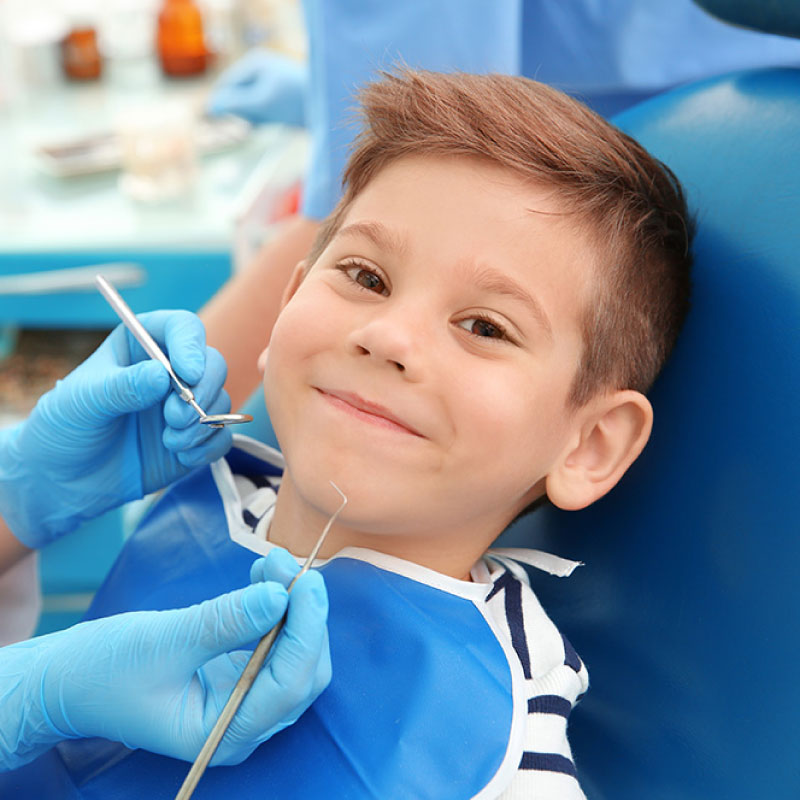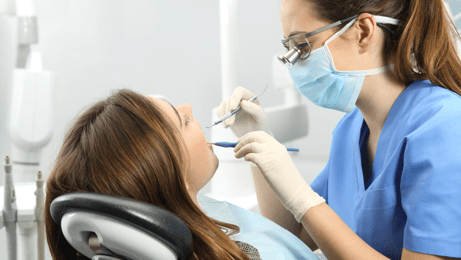Emergency Dentist Newport: Premier Dental Care in Your Location
Emergency Dentist Newport: Premier Dental Care in Your Location
Blog Article
Navigating Dental Emergency Situations: What to Do and Not to Do in Vital Situations
When faced with oral emergencies, the capacity to react properly can be important in protecting against additional issues and making sure the most effective feasible outcome. Understanding what steps to take and what activities to avoid can make a significant distinction in critical situations involving oral issues (emergency dentist newport). From toothaches to knocked-out teeth, busted oral fillings, jaw injuries, and oral bleeding, each circumstance requires a certain technique that can influence both short-term and lasting dental health. Recognizing the do's and do n'ts in these essential moments can be the secret to guarding your dental health.
Immediate Activities for Toothaches
Upon experiencing a toothache, promptly rinse your mouth with warm seawater to alleviate pain and reduce swelling. This simple remedy can offer temporary relief by cleansing the affected location and promoting recovery. Seawater functions by assisting to reduce microorganisms in the mouth, which can add to the pain and swelling connected with a toothache. It also helps to extract any particles or pus that might exist, supplying a calming effect on the inflamed cells.
Along with rinsing with salt water, non-prescription pain medications such as advil can be required to assist manage the pain. It is essential to adhere to the advised dosage guidelines and seek advice from with a healthcare service provider if the discomfort continues or aggravates. Prevent placing aspirin directly on the tooth or gums, as this can bring about chemical burns.
If the tooth pain is or continues gone along with by various other signs and symptoms such as fever, swelling, or trouble breathing, seek prompt dental treatment to resolve the underlying root cause of the pain. Early intervention can aid avoid even more issues and alleviate pain.
Handling Knocked-Out Pearly Whites
When dealing with knocked-out teeth, prompt action is crucial to raise the possibilities of successful reimplantation. The first action is to choose up the tooth by the crown (the white part) rather than the origin to stay clear of harming the delicate tissues.

Trigger activity and correct handling of a knocked-out tooth can considerably affect the opportunities of effective reimplantation, so it is critical to act promptly and suitably in such circumstances.
Handling Broken Dental Fillings
Correct maintenance and routine dental exams are essential for addressing broken dental fillings quickly and guaranteeing the durability of your dental job. When a dental filling up breaks, it can subject the internal layers of the tooth to bacteria, resulting in prospective infections and additional damages if left without treatment. It is vital to call your dental professional instantly to set up a consultation for repair work. if you experience a damaged oral filling.
In the meantime, there are some actions you can take to handle a damaged oral filling in the house. Stay clear of eating on the side of the mouth with the damaged filling to stop additional damages. Rinse your mouth with cozy saltwater to assist clean up the affected location and ease any pain. Non-prescription oral concrete can be used as a momentary action to cover the exposed dental filling and shield the tooth till you can see your dental professional.
Bear in mind that a broken oral filling ought to be dealt with quickly to avoid complications and preserve the stability of your tooth. Routine oral check-ups can help find and resolve any kind of issues with your dental fillings prior to they intensify right into even more considerable issues.

Managing Jaw Injuries
In instances of jaw injuries, swift and suitable administration is crucial to mitigate discomfort and protect against further issues. Jaw injuries can result from various reasons such as injury, crashes, or oral procedures. When confronted with a thought jaw injury, it is necessary to look for prompt medical attention from a health care expert or visit the emergency situation space.
In the meantime before receiving specialist care, there are a few actions that can be required to take care of jaw injuries. First of all, using a cold compress to the affected location can help in reducing swelling and minimize discomfort. It is essential to stay clear of relocating the jaw exceedingly and to abstain from eating crunchy or difficult foods that might get worse the injury. Additionally, non-prescription pain medication can be required to manage discomfort briefly.
Furthermore, if there is bleeding related to the jaw injury, gentle stress can be applied using a tidy towel to aid control the blood loss. It is critical to bear in mind that these are short-term steps, and prompt analysis by a health care supplier is important to assess the extent of the injury and determine the appropriate training course of treatment - emergency dentist newport.
Just How to React To Oral Blood Loss
Complying with the monitoring of jaw injuries, resolving dental blood loss without delay is essential in ensuring appropriate treatment and recovery. Dental blood loss can result from numerous reasons, such as trauma, dental treatments, or underlying clinical problems. When encountered with oral blood loss, it is crucial my response to continue to be calm and take instant activity to manage the circumstance.
To respond successfully to dental bleeding, start by carefully rinsing your mouth with a mild deep sea remedy to clean the location and get rid of any blood clots. Apply gentle pressure to the bleeding website utilizing a clean piece of gauze or a damp tea bag for regarding 15-20 mins. Stay clear of need to constantly inspect the website, as this may interrupt the clotting procedure. If the blood loss persists or is extreme, look for specialist dental care quickly.

Conclusion
To conclude, it is important to act quickly and properly when encountered with oral emergency situations. Immediate activities for toothaches, handling knocked-out teeth, managing damaged oral fillings, taking care of jaw injuries, and replying to oral bleeding are essential steps to ensure proper care and prevent additional complications. Bear in mind to seek expert assistance as quickly as feasible to deal with any type of oral emergency situation effectively and successfully.
From toothaches to knocked-out teeth, broken oral fillings, jaw injuries, and oral blood loss, each scenario requires a certain method that can affect both long-lasting and short-term oral wellness. If this is not possible, store the tooth in a container of milk or the person's saliva to maintain it damp while looking for immediate oral treatment.
Proper maintenance and regular oral check-ups are important for addressing busted oral fillings immediately and ensuring the longevity of your oral job. Non-prescription oral concrete can be used as a short-lived step to cover the exposed dental filling and safeguard the tooth until you can see your dental expert.
Immediate actions for toothaches, taking care of knocked-out teeth, dealing with broken dental fillings, handling jaw injuries, and reacting to dental bleeding are essential like this steps to ensure appropriate care and avoid further problems.
Report this page